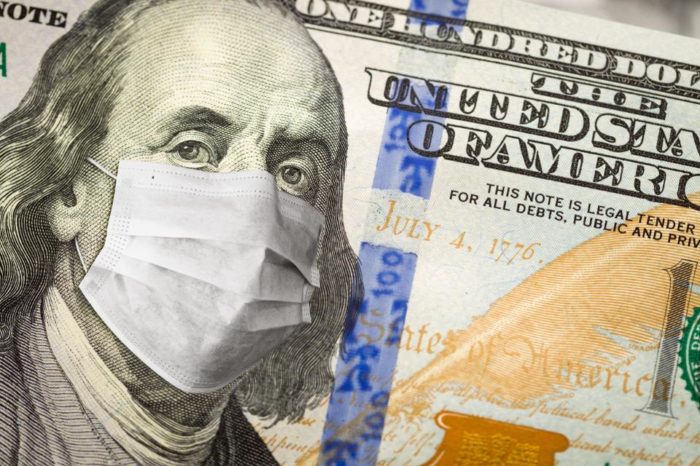More than 90% of the US population is currently under a stay-at-home or shelter-in-place order as the coronavirus pandemic continues to upend life as we once knew it. As individuals in the United States and the world struggle with the immediate health and economic fallout caused by this pandemic, another crisis has appeared: fraudulent scammers seeking to prey upon the fear and confusion of many.
According to the Federal Trade Commission (FTC), Americans have lost $13.4 million to COVID-19-related fraud since the beginning of this year. The FTC, the Federal Bureau of Investigation (FBI), and other government agencies are continuing to warn the public about various fraud schemes related to the COVID-19 pandemic.
The immense variety of frauds already discovered is staggering. The various government agencies have cautioned individuals and businesses to be wary of potential fraudulent scams such as:
- Testing Scams: Scammers offering unapproved and illegitimate COVID-19 testing kits to Medicare beneficiaries in exchange for personal details. It appears that once scammers obtain an individual’s personal information, they use it to bill federal health care programs and/or private health insurance plans for tests and procedures the individual never received while pocketing the proceeds for themselves.
- Treatment Scams: Scammers offering fake or unproven COVID-19 treatments. Some scammers are even going door-to-door and performing fake tests for money. While medical professionals and scientists throughout the US are working hard to find a cure for COVID-19, unfortunately, at this point, no such treatment exists.
- Stimulus Check Scams: Scammers pretending to be government officials offering false stimulus checks in order to obtain personal identifying information, including social security and bank account numbers.
- Price Gouging Scams: Sellers who illegally are using this pandemic to unreasonably increase prices on consumer food items or medical supplies.
- Charity Scams: Scammers setting up fake charities to solicit donations that they then spend on themselves.
- Investment Scams: Scammers making false claims about tests, cures, and other matters related to COVID-19 in order to entice victims to make investment decisions.
- Cyber Scams: Scammers sending victims emails related to COVID-19 that appear to be from the victims’ banks, health care providers, the World Health Organization (WHO), the Centers for Disease Control and Prevention (CDC), to conduct phishing campaigns for the purpose of obtaining the victims’ personal information and exploiting it for the scammers’ own benefit.
- App Scams: Scammers creating and manipulating mobile apps designed to track the spread of COVID-19 by inserting malware to steal financial and personal data.
- Insurance, Workers’ Compensation, and Medicaid Fraud: Scammers working to take advantage of businesses, their customers, or government agencies during this pandemic.
Government agencies have urged individuals to be conscious of who is asking for certain personal information, as well as what information is being requested. Generally, the government will never call to ask for money or personal information, such as social security, bank account, or credit card information over the phone. Further, if and when an approved clinical treatment or a cure for COVID-19 becomes available, it will be a matter of national and local news; do not accept any representations made to you through an email, telephone call, online advertisement, or by unsolicited in-person sales pitch.
Business owners, in addition to individuals, must also remain vigilant. Refrain from opening email attachments or clicking on links that you do not recognize. Be wary of messages or calls requesting account information, and always confirm that any information or funds you send are going to a legitimate recipient.
As this crisis evolves, so will scammers’ tactics. Individuals and companies should remain vigilant in their daily actions and report these schemes when suspected.
The attorneys at Mackaness & Ideta, LLP are committed to helping individuals, businesses, and investors recover from fraudulent activity. If you believe you’ve been the victim of fraud, please contact us today for a free and confidential consultation.



